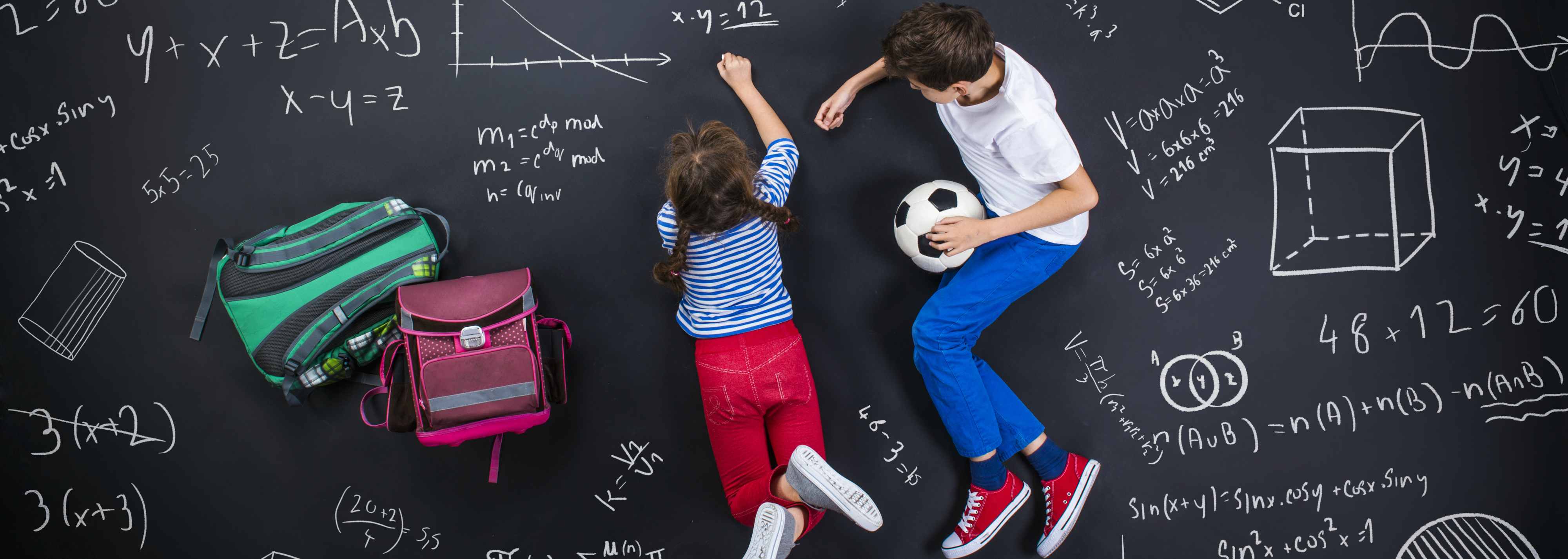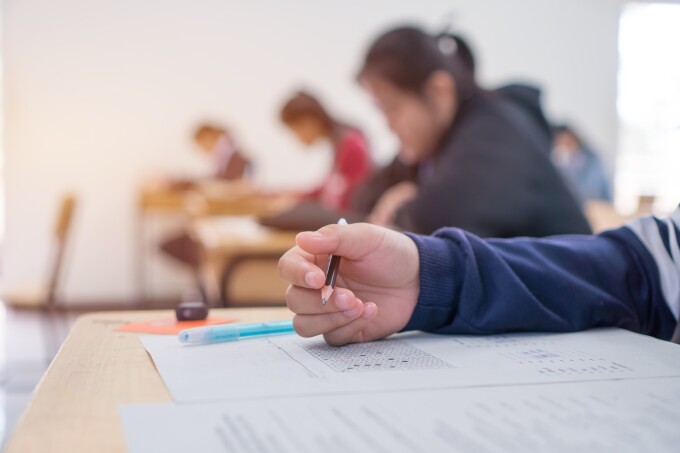Educational assessment is a critical component of teaching and learning, providing valuable insights into student progress, instructional effectiveness, and curriculum success. By using the right tools and techniques, educators can measure learning outcomes, identify areas for improvement, and ensure students achieve their full potential.
This article explores the types of educational assessment, key tools and techniques, and best practices for effective evaluation.
What is Educational Assessment?

📜 Educational assessment refers to the process of evaluating, measuring, and documenting students’ academic progress and skills. It helps educators:
- Identify learning gaps and provide targeted support.
- Monitor student progress over time.
- Improve teaching strategies based on performance data.
- Ensure accountability in education systems.
📍 Effective assessment promotes student growth and enhances the learning experience.
Types of Educational Assessment
1. Formative Assessment (Ongoing & Diagnostic) 🔍
- Conducted during the learning process.
- Provides immediate feedback for improvement.
- Helps teachers adjust instruction in real time.
📖 Examples:
- Exit tickets – Students answer a quick question before leaving class.
- Think-pair-share – Encourages discussion and collaborative thinking.
- Quizzes & polls – Immediate insight into student understanding.
📍 Formative assessment guides learning without grading pressure.
2. Summative Assessment (Final Evaluation) 🏁
- Conducted at the end of an instructional unit.
- Measures overall mastery of content.
- Often used for grading and accountability.
📖 Examples:
- Standardized tests (SAT, ACT, GCSE, AP Exams).
- Final exams & term papers.
- Capstone projects & presentations.
📍 Summative assessments provide a benchmark for student achievement.
3. Diagnostic Assessment (Pre-Assessment) 🧪
- Conducted before instruction begins.
- Identifies students’ prior knowledge and learning needs.
- Helps teachers personalize learning plans.
📖 Examples:
- Pre-tests before a new unit.
- Skills inventory surveys.
- Reading level assessments (e.g., Lexile scores).
📍 Diagnostic assessments ensure instruction starts at the right level.
4. Norm-Referenced vs. Criterion-Referenced Assessment 📊
| Type | Purpose | Examples |
|---|---|---|
| Norm-Referenced | Compares students to a larger group | SAT, IQ tests, national exams |
| Criterion-Referenced | Measures mastery of specific skills | Driving test, unit tests, competency exams |
📍 Both methods are used to evaluate student performance in different contexts.
Key Tools & Techniques for Measuring Progress
1. Traditional Paper-Based Assessments ✍️
- Written exams, essays, multiple-choice tests.
- Suitable for formal grading and long-term evaluations.
- Effective but may not capture critical thinking skills fully.
2. Technology-Based Assessments 💻
- Online quizzes, interactive assignments, AI-driven assessments.
- Provides instant feedback and real-time tracking.
- Examples: Google Forms, Kahoot!, Quizizz, Edmodo.
📍 Digital tools enhance engagement and efficiency.
3. Performance-Based Assessment 🎭
- Students demonstrate learning through real-world applications.
- Encourages problem-solving, creativity, and collaboration.
📖 Examples:
- Science experiments & lab reports.
- Art projects & musical performances.
- Debates, role-playing, and case studies.
📍 Performance-based assessments go beyond memorization.
4. Portfolio Assessment 📂
- A collection of a student’s work over time.
- Showcases growth, creativity, and reflection.
- Often used in writing, art, and project-based learning.
📍 Portfolios provide a holistic view of student development.
5. Self-Assessment & Peer Assessment 🤝
- Encourages students to reflect on their learning.
- Builds critical thinking and self-regulation skills.
- Peer review promotes collaboration and constructive feedback.
📖 Examples:
- Students grading their own work with rubrics.
- Peer feedback in writing workshops.
- Reflective journals and learning logs.
📍 Self and peer assessments foster responsibility and independent learning.
Best Practices for Effective Educational Assessment
✅ 1. Align Assessment with Learning Objectives
✔ Ensure that tests, projects, and evaluations measure intended learning outcomes.
📍 Good assessment reflects what was actually taught.
✅ 2. Use Multiple Assessment Methods
- Combine formative, summative, and performance-based assessments.
- Provides a comprehensive picture of student learning.
📍 Diverse assessment methods improve accuracy.
✅ 3. Provide Timely & Constructive Feedback
- Feedback should be specific, actionable, and growth-oriented.
- Helps students understand mistakes and improve performance.
📍 Feedback drives improvement and motivation.
✅ 4. Ensure Fairness & Accessibility
- Use inclusive assessment strategies for students with diverse needs.
- Consider alternative assessments for different learning styles.
📖 Example: Offering oral exams for students who struggle with writing.
📍 Fair assessments create equal learning opportunities.
✅ 5. Leverage Data for Continuous Improvement
- Use assessment results to adjust instruction and support struggling students.
- Identify trends to improve curriculum design and teaching methods.
📍 Data-driven teaching enhances learning outcomes.
The Future of Educational Assessment
🚀 Artificial Intelligence & Adaptive Testing – Personalized learning experiences based on student responses.
🌍 Global Standardization & Online Assessments – More remote and international evaluation systems.
📡 Real-Time Learning Analytics – Instant insights into student performance for targeted intervention.
📍 Educational assessment is evolving to be more data-driven, interactive, and student-centered.
Final Thoughts: The Power of Effective Assessment
Assessment is more than just testing—it’s about measuring progress, guiding instruction, and fostering lifelong learning. By using a variety of tools and techniques, educators can create a more accurate, engaging, and meaningful assessment process that benefits both students and teachers.
💡 What assessment strategies have worked best for you? Share your thoughts below! 📚✅



